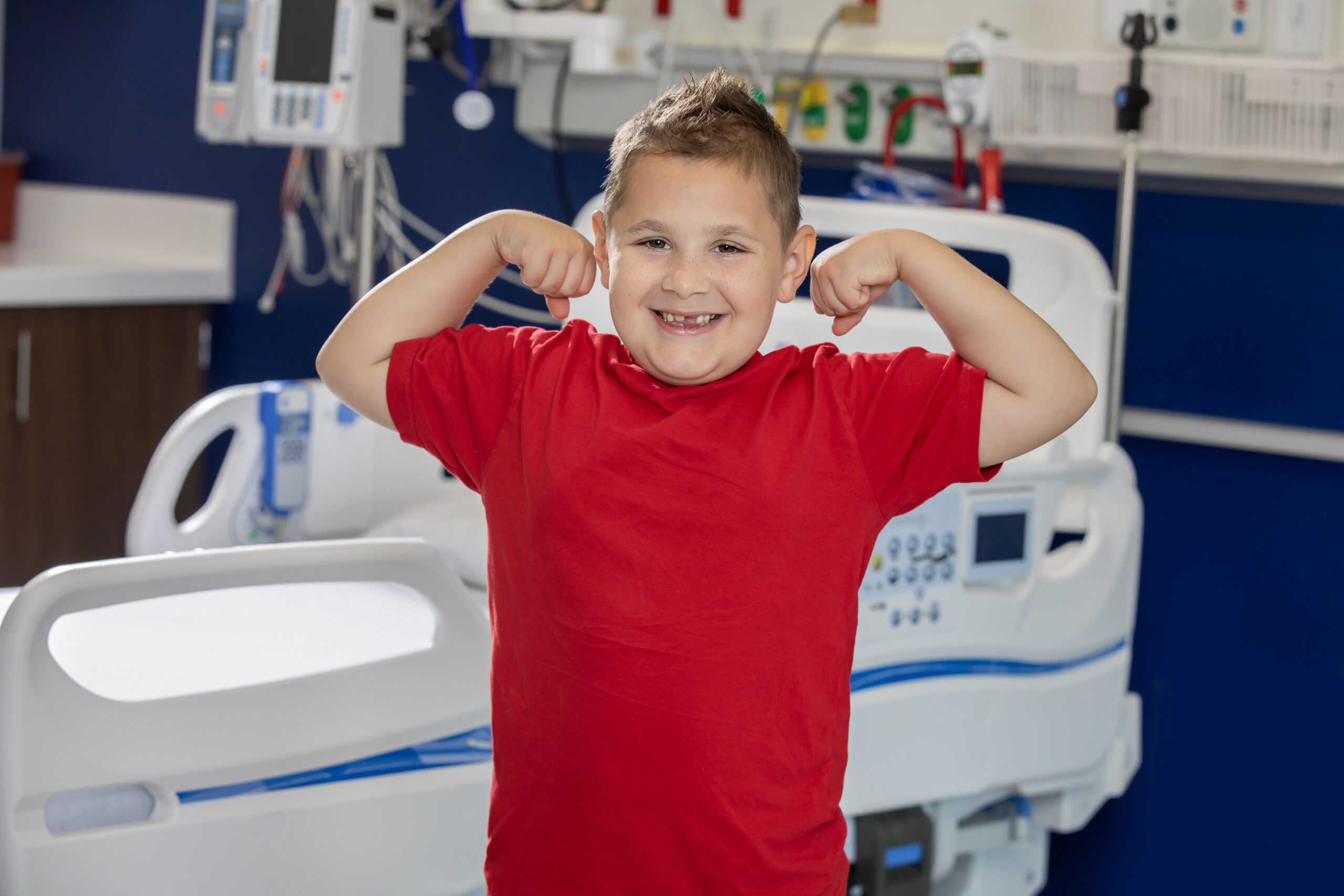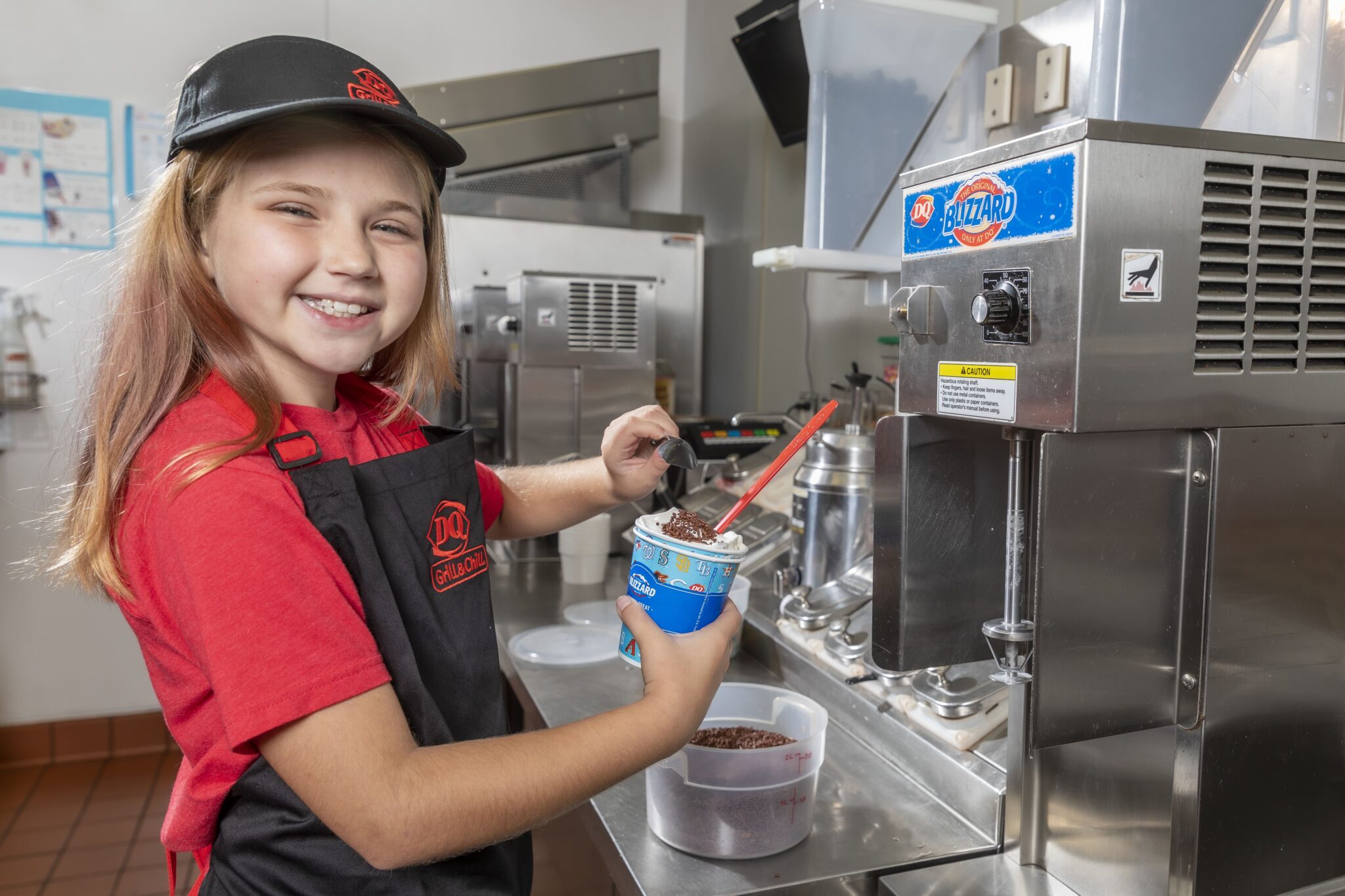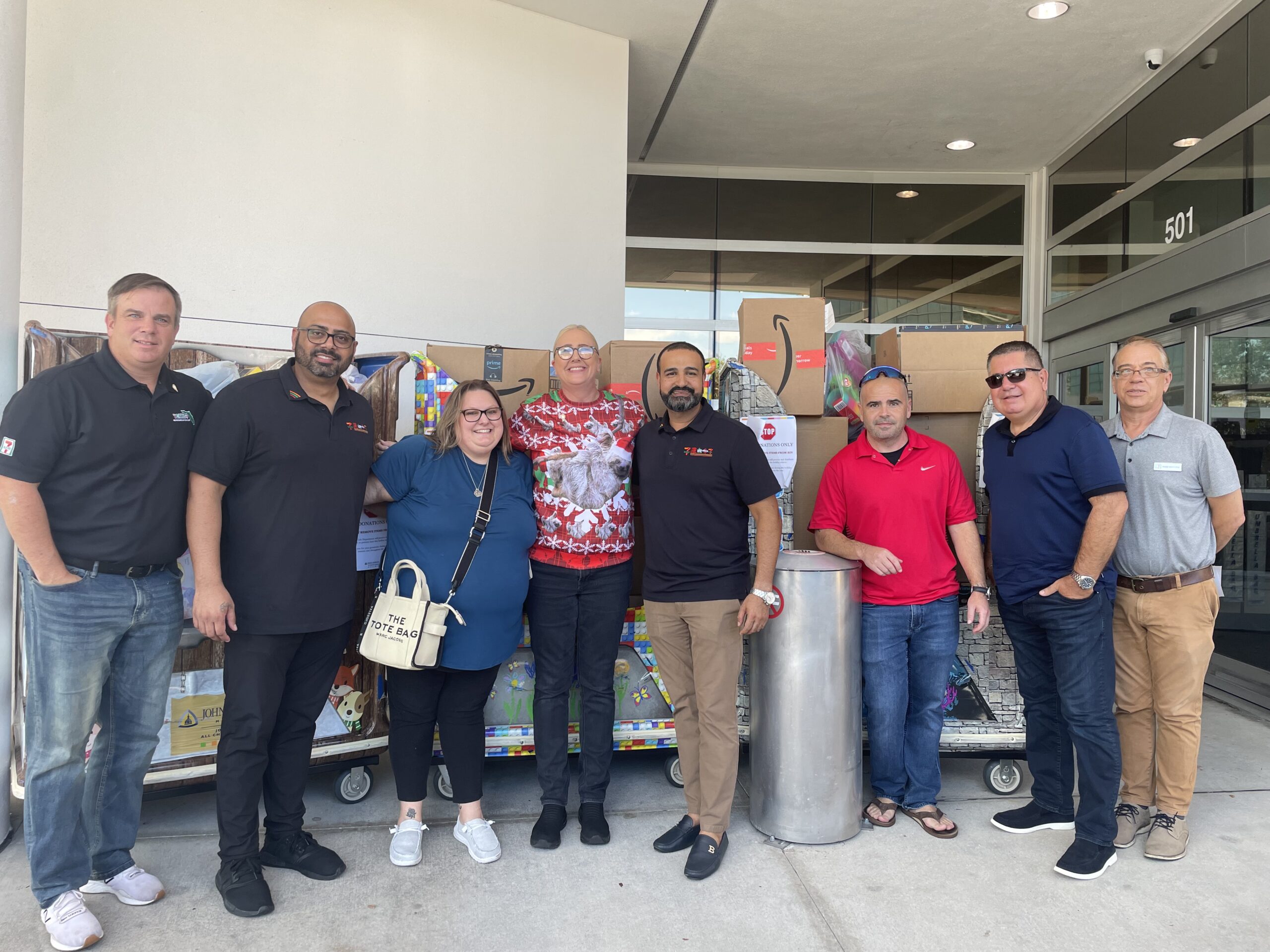How Politics Can Impact Your Kids, and How to Help
 To say this is a heated political season is an understatement. Children are not immune to the rhetoric in campaign ads, the toxicity that can often arise on social media, or even to the emotionally charged discourse among friends or family members. How are our children impacted, and what can we do to help them stay mentally healthy?
To say this is a heated political season is an understatement. Children are not immune to the rhetoric in campaign ads, the toxicity that can often arise on social media, or even to the emotionally charged discourse among friends or family members. How are our children impacted, and what can we do to help them stay mentally healthy?
We asked Jennifer Katzenstein, Ph.D., co-director of the Center for Behavioral Health and director of psychology at Johns Hopkins All Children’s Hospital, for some advice.
Children are hearing and seeing so much during this election season. How are they affected by this?
Many kids, especially older school-age students and teens are impacted by the stress and anxiety they see around them. Some kids are at a stage where they are developing autonomy and emerging from concrete thinking. The strong emotions and feelings that elections often bring can exacerbate stress and anxiety. It can create a sense of uncertainty for the future and feelings of distress if they see their parents and other caregivers in distress.
Should we try to shield our children from politics, or are there opportunities here?
The key is to remove the emotion. It is important to talk to kids, regardless of age, about political issues, differing views, and how we can all work together for a common good. Kids of all ages understand many issues, both political and social. This is an opportunity to ask them what they know, to listen to them, and to respond at a developmentally appropriate level. Let the child guide the conversation and keep questions open-ended.
Teens are responding and participating in politics in a way not seen before. Do you have advice for parents of teens?
It’s good to allow our adolescents an opportunity to express themselves but remind them that what they share on social media often lives on for longer than the election, and it may not represent their views in the future. Encourage teenagers to use good social media citizenship behaviors.
Should a parent influence their children’s political views?
Although we want to instill our values in kids and, potentially, this includes political views, it’s important to allow children the opportunity to see all sides of the issues and acknowledge all perspectives.
What if two parents disagree over politics and get into a heated discussion in front of a child?
Kids respond to big emotions. Try to avoid heated discussions in front of kids. If this does happen, go back and address the situation, explaining how emotions can sometimes take control. Then describe your coping strategies, what you could have done in the moment to avoid the situation getting out of hand, and how you can change your behavior the next time. It is important for kids to see how parents problem-solve and work through issues together.
Avoid dramatic, sweeping statements such as, “If this candidate wins, we are moving,” because a young child overhearing this may take the information literally. They may be concerned that the family is actually moving and that they will have to leave their friends, school and activities, causing undue distress.
How do I prepare my child for what they may hear at school, or potential teasing or bullying about their political views?
Empower your kids to handle difficult situations. Practice together and give them language to use, or simply the knowledge that they can walk away if they need to. Encourage them to listen to each other, and to try to understand others’ points of view. Empathy, caring and a sense of community are key ways for all of us to move forward together. When we are talking with our kids about politics, remain calm, keep it positive and reassure them.
What other things can adults do to help kids navigate a very spirited political season?
Teach kids to question what they hear and what they see. Help them to learn to be aware that not everything they hear or see can be taken at face value, and that it’s important to seek out their own research from multiple sources. This is a great opportunity to do this research together.
Remind children that we all share similar goals — we want to be safe and happy, and we all want the best for our country.






